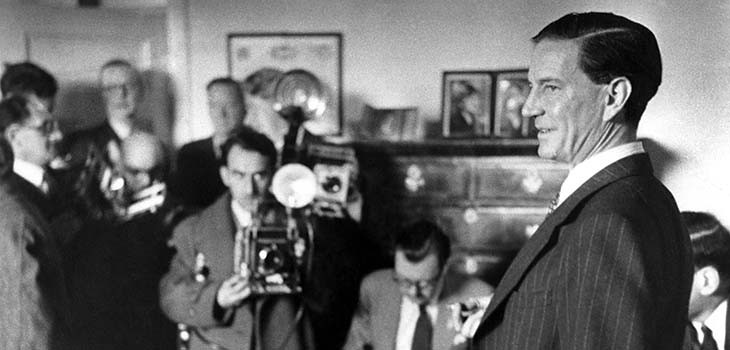
The recent admission made by David Smith, a former security guard at the British Embassy in Berlin, that he had been spying for the Russian government for almost eight years, is the latest in a long line of revelations made by particular British citizens that they have in fact been doing the bidding of the Kremlin. The UK has provided Russia (and previously the Soviet Union) with a fair number of agents, most notably the ‘Cambridge Five’ of Donald Maclean, Guy Burgess, Kim Philby, Anthony Blunt, and John Cairncross.
Spies create problems for the law. In a criminal case, such as Mr Smith’s, it is simple enough: the wrongdoing is discovered, the person responsible is charged and, if the evidence is sufficient, they are convicted and sentenced. Things are not always clear-cut of course (the Alger Hiss case in the United States being a good









